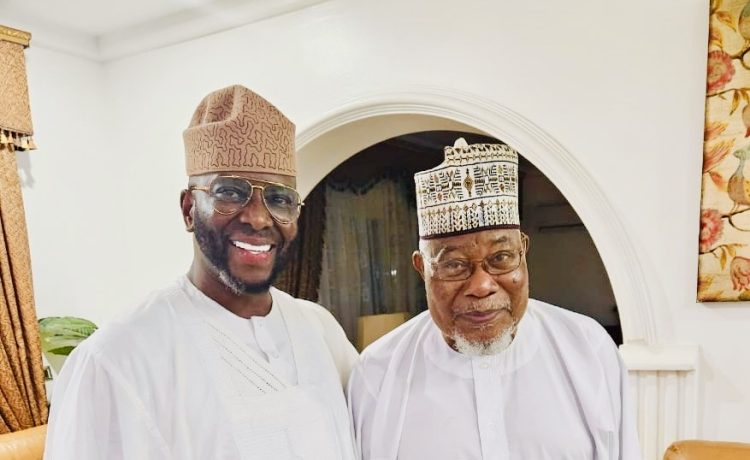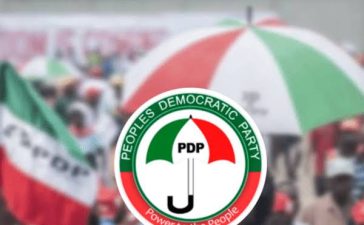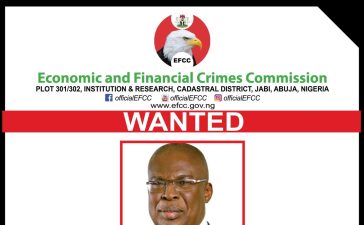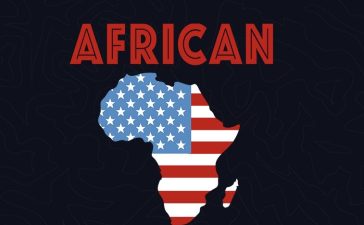- By Wasiu Adekunle Adejumo | Premier World News
Abuja, Nigeria – In what is being described as a strategic and visionary political move, leading Ekiti 2026 governorship aspirant, Otunba Emmanuel Fayose, has paid a private visit to one of Nigeria’s most respected statesmen and banking legends, Alhaji Dr. Umaru Abdul Mutallab, CON, OMRI.
The meeting, held on Monday at the Abuja residence of the renowned billionaire philanthropist and former Chairman of First Bank and Jaiz Bank, has sparked widespread national and international attention, especially among political watchers and economic development analysts.
Photographs from the visit show Otunba Fayose being warmly welcomed by Alhaji Mutallab and members of his family, including children and grandchildren, in an atmosphere marked by mutual respect and accord.
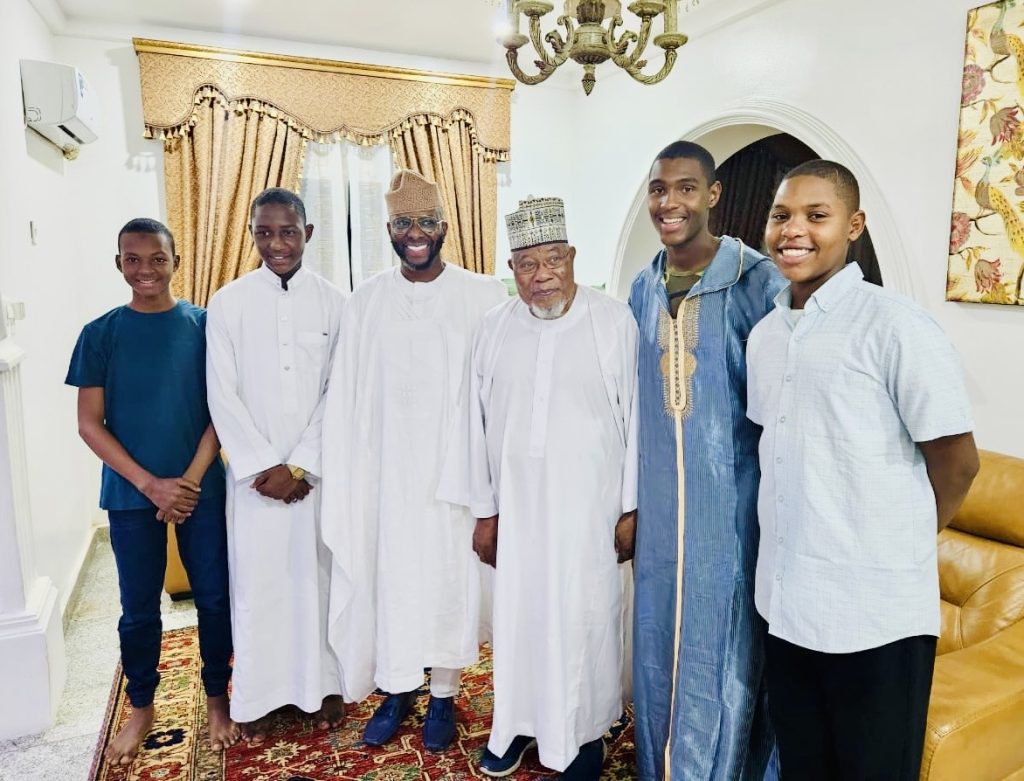
The high-profile visit culminated in a private, closed-door session between the two leaders, the content of which is yet to be officially disclosed.
However, political insiders and development experts suggest that the visit may mark the beginning of a high-impact alliance focused on economic transformation, youth empowerment and grassroots development, all core to Fayose’s vision for Ekiti State.
“This is more than a political visit”, said an observer and grassroots ambassador in Ado-Ekiti, Peter Oluomo Akinleye.
“It symbolizes a cross-generational and cross-sectoral alignment between political will and financial intelligence, between grassroots governance and global economic insight”.
Dr. Mutallab, widely credited for his pioneering work in Islamic banking and financial reforms, has held several prestigious positions in Nigeria’s banking and public sector.
He is globally recognized for his integrity, investment acumen and philanthropic work, especially in the education and economic empowerment sectors.
Otunba Fayose’s campaign, which recently made waves with his political tour of six local government areas in Ekiti State, has consistently emphasized inclusive governance, job creation, investment in infrastructure and rural revitalization.
A possible collaboration with Mutallab could serve as a game-changer in advancing these goals.
“When someone of Mutallab’s standing opens his doors and family to a governorship aspirant, it speaks volumes”, noted a political analyst in Abuja.
“It means a window is opening toward strategic financial mentorship and possibly investment pipelines that will uplift the common people.”
Fayose has repeatedly stated that the future of Ekiti lies in empowering the youth, supporting local businesses and opening the state to national and international partnerships that prioritize people-centered development.
Insiders say the synergy between Fayose’s political capital and Mutallab’s economic mastery could unlock new pathways for industrialization, SME financing, agricultural investment and digital innovation, all vital for tackling poverty and unemployment in Ekiti.
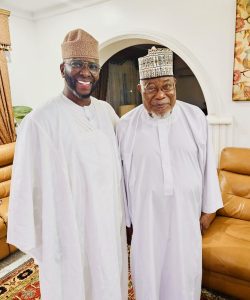
The meeting also reflects a growing trend in Nigerian politics where visionary leaders are seeking out trusted elders, not just for endorsement, but for real mentorship and collaboration.
Fayose, who is known for his grassroots appeal and philanthropy, may now be looking to scale his developmental ambition with broader national alliances.
The visit adds weight to the growing sentiment that Fayose is not just running for governor, but actively re-engineering the political and economic architecture of Ekiti State for the betterment of its people.


